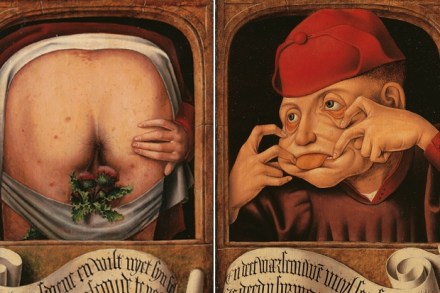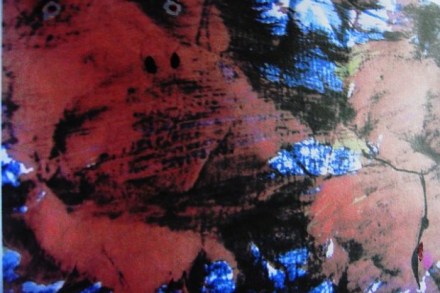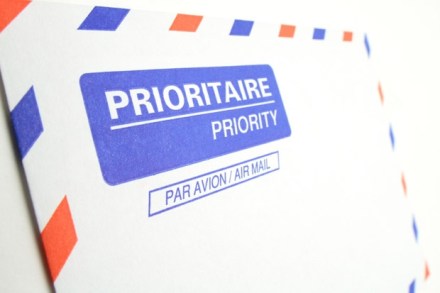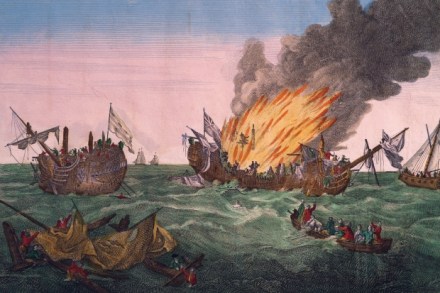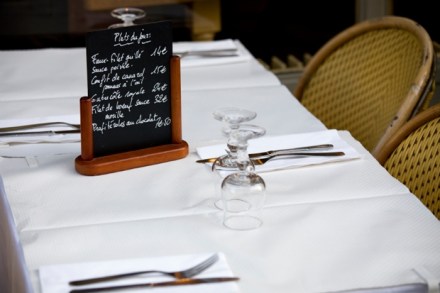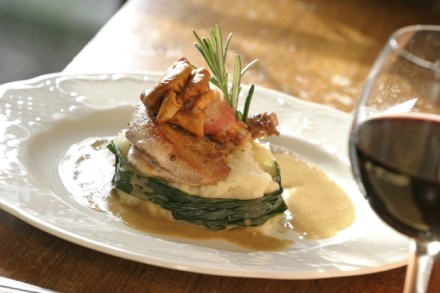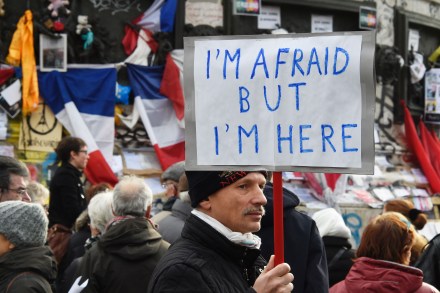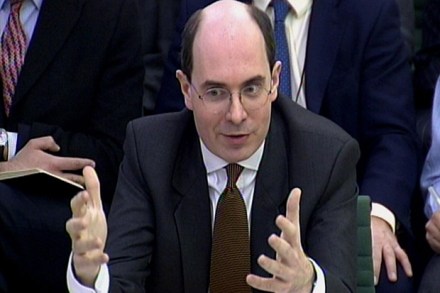Surreal, strange and scatological
Why do we put one work of art beside another? For the most part museums and galleries tend to stick them on the wall as if they were butterflies or beetles, putting similar species together: an array of impressionist flowers, baroque altarpieces, pictures by a certain painter. But there are other ways to do it. Carambolages, a refreshing and highly entertaining exhibition at the Grand Palais, Paris, presents a dizzying diversity of stuff according to a quite different principle: namely, billiards. ‘Carambolage’ is a term that originates from the game of carambole, or French billiards, as once observed by Van Gogh and Gauguin in the Café de la Gare, Arles.
